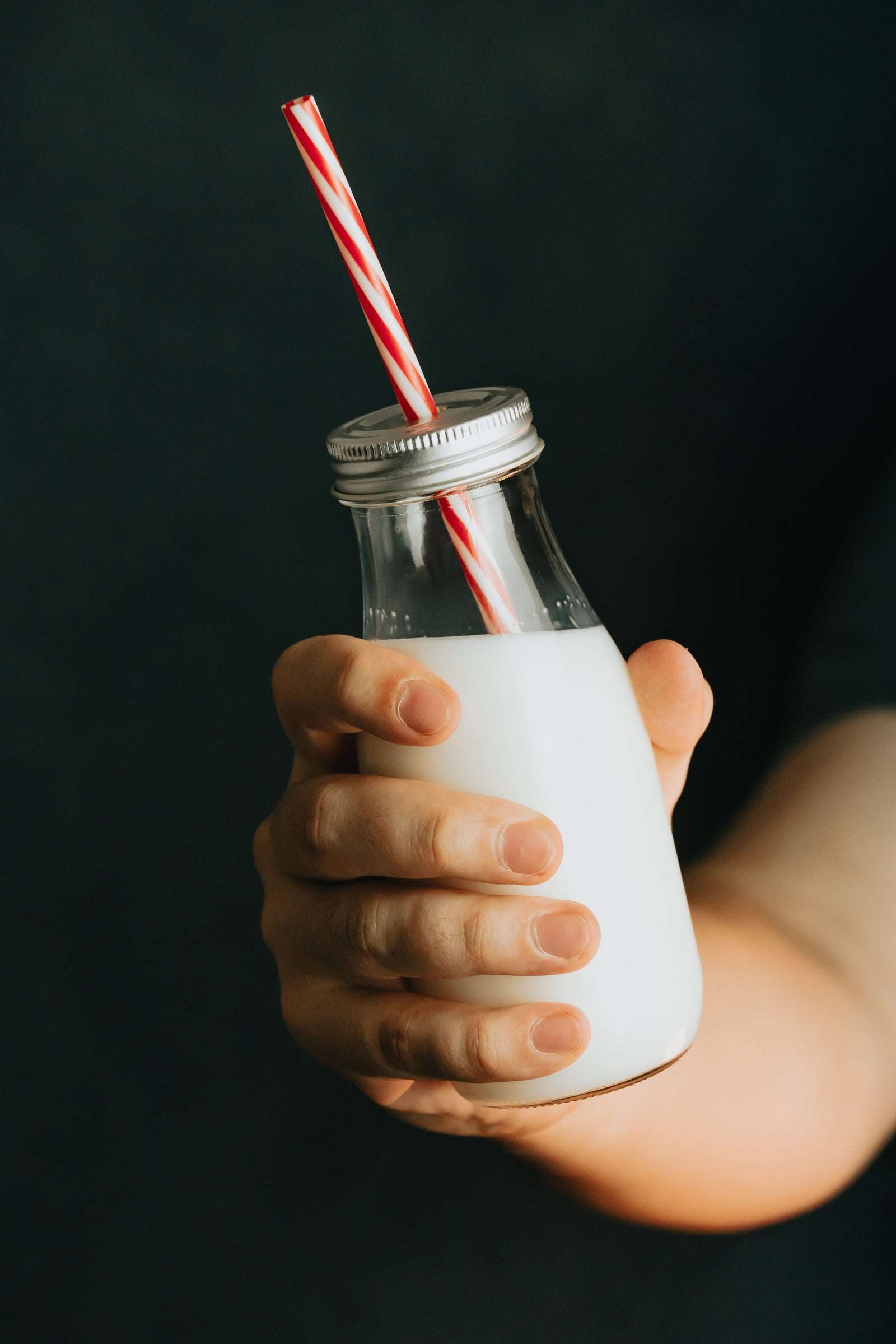Free Shipping on Orders over $75 AUD
Free Shipping on Orders over $75 AUD

What Milk is The Most Sustainable Choice for You?
July 07, 2021 3 min read
What Milk is The Most Sustainable Choice for You?
The Modern Milkscape
Organic Milk
Environmental Impacts of Milk Types
Research undertaken by Science,[iv] looked into the environmental impacts of different milk types per litre. Rice, soy, oat and almond milk have smaller greenhouse footprints as opposed to cow’s milk. However, multiple factors come in to consideration when determining what may be more sustainable.



What’s More Sustainable Overall?
If sustainably-made milk is what you desire, then milks with the least carbon emissions, land use and water use (combining factors) would be soy and oat milk. There are trade-offs when it comes to choosing which milk is most sustainable for use. Although almond milk tends to have lower carbon emissions (kilograms) and low land use, water required to produce almond milk is proportionally not much better than cow’s milk, when contrasted to other non-dairy milk types.
Further Reading:
References:
[i] Zivkovic AM, Telis N, German JB, Hammock BD. Dietary omega-3 fatty acids aid in the modulation of inflammation and metabolic health. Calif Agric (Berkeley). 2011;65(3):106-111. doi:10.3733/ca.v065n03p106
[iv] Poore, Joseph, and Thomas Nemecek. "Reducing food’s environmental impacts through producers and consumers." Science 360.6392 (2018): 987-992.
Sign up today!
Sign up for a 10% discount off of your next purchase.